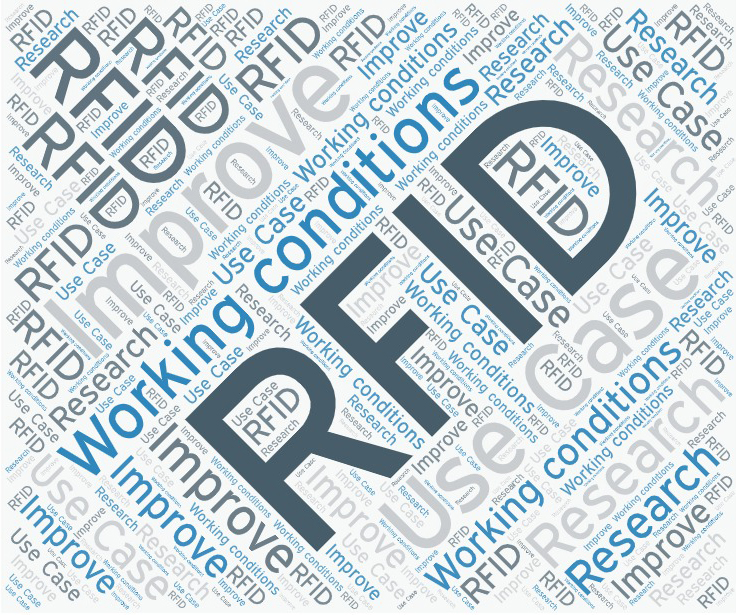Recent studies and RFID deployments highlight how RFID technology can help retail stores improve their employees’ working conditions. A new Use Case entitled “Improvement of Working Conditions” has therefore been added to the RFID Barometer in Retail, that now counts 21 Use Cases in Apparel and Fashion.
Since retail started deploying RFID, both scientific research and retailers themselves have been examining the most suitable business cases and benefits brought by the technology.
The RFID Lab has for years been studying the global use of RFID in the fashion sector. A result of this ongoing research is the use case framework entitled RFID Barometer in Retail, a study that aims at providing a continuous up-to-date insight on RFID deployments and the technology’s most important use cases.
A recent bibliographic study, conducted by the lab, shows how RFID can bring value in terms of ‘environmental’ and ‘social’ sustainability. The study found that the technology at store level in many circumstances help improve the employees’ working conditions.
In pandemic times, the technology can help prevent physical interaction between employees and customers increasing the security and the working conditions of the employees. An example is represented by the German retailer Bonprix (RFID Journal – Bonprix). In their store in Hamburg, the retailer keeps only one of each garment on display, the customer uses an app to select the size they would like to try. The employees of the store bring the selected clothing directly to the changing room without having to physically interact with the customers. This helps maintain social distancing and avoids unnecessary crowds around clothing display stands.
But the benefits of RFID are not limited to solving specific problems of the pandemic. Several retailers have adopted RFID technology to make typically ‘alienating’ activities more stimulating for their employees. Activities related to inbound and outbound logistics processes are often monotonous, time consuming and subject to human errors. RFID help speed up the processes and improve the performances hence simplifying and reducing the manual repetitive tasks.
Furthermore, the use of RFID technology allows the staff to grow professionally and to valorise their abilities. The personnel receive specific training in order to learn how to use the technology allowing them to specialize and gain new skills.
The value RFID can bring to retail processes is constantly growing and the use cases are continually evolving. Our research closely follows this evolution documenting and analysing the initiatives conducted by retailers worldwide.


